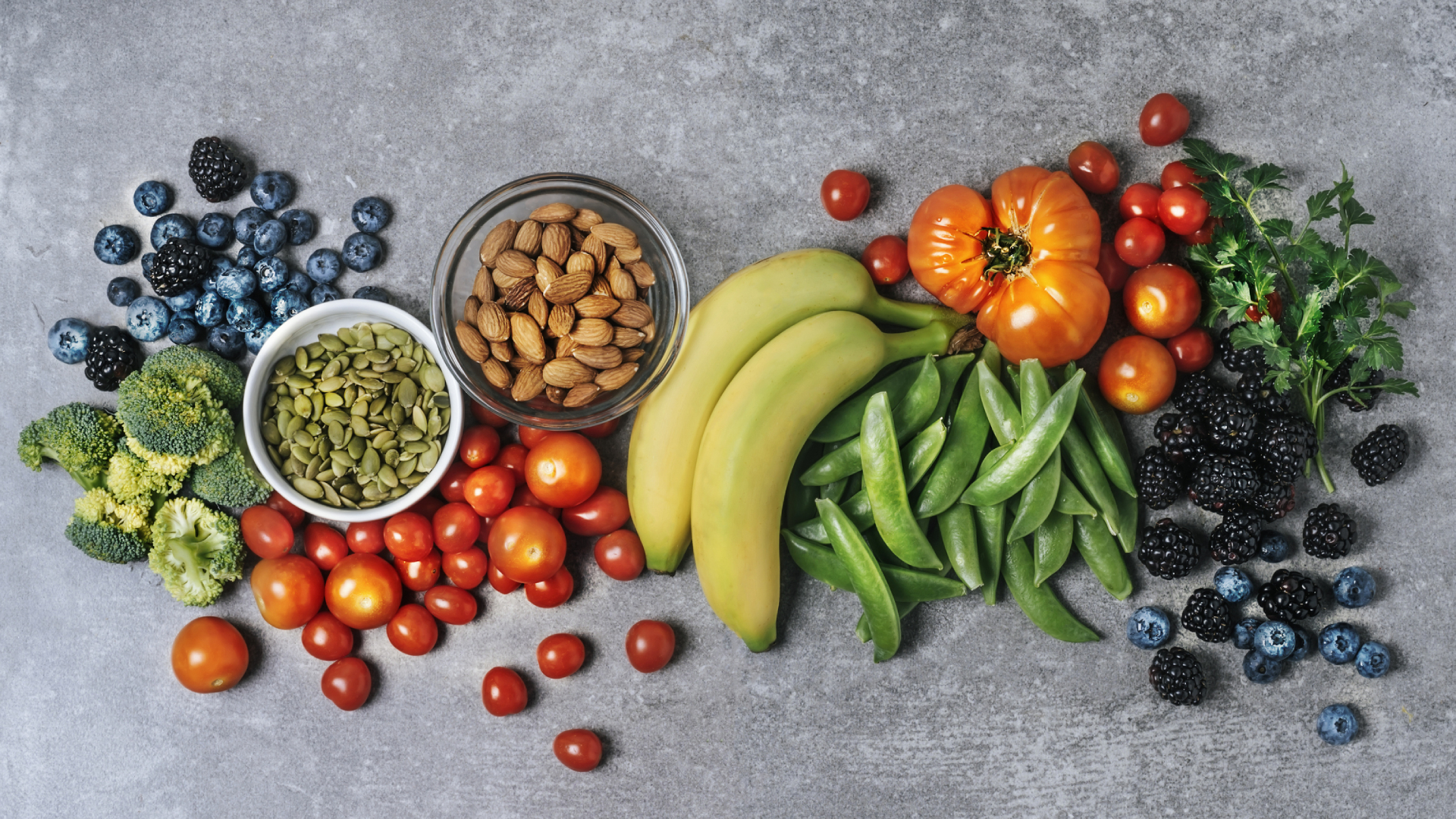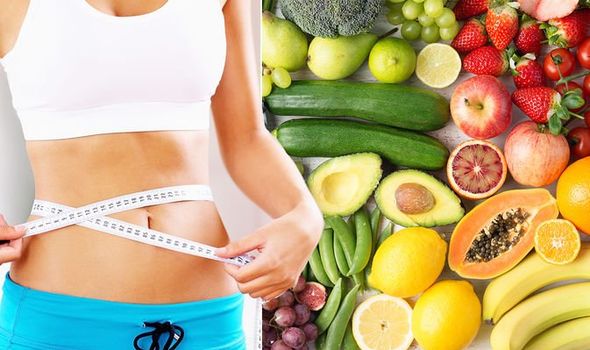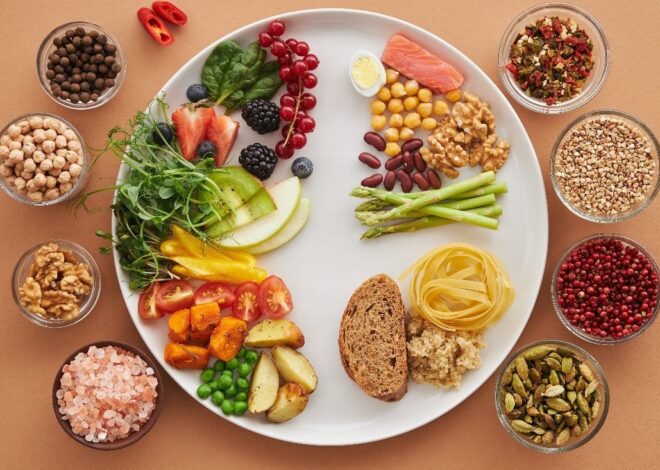
The Role of Antioxidants in Health and How to Get More of Them
Antioxidants are essential compounds that play a crucial role in maintaining health and protecting the body from damage. They are often lauded for their ability to combat oxidative stress and reduce the risk of chronic diseases. Understanding the importance of antioxidants and how to incorporate them into your daily diet can significantly impact your well-being.
What Are Antioxidants?
Antioxidants are molecules that fight free radicals—unstable atoms that can cause cellular damage when their levels become too high. Free radicals are produced naturally in the body during normal metabolic processes and can also be introduced from external sources like pollution, cigarette smoke, and unhealthy foods. When the balance between free radicals and antioxidants is disrupted, oxidative stress occurs, leading to cell damage and contributing to aging and the development of diseases such as cancer, diabetes, and heart disease.
Common antioxidants include:
- Vitamin C: Water-soluble antioxidant that supports the immune system and skin health.
- Vitamin E: Fat-soluble antioxidant that protects cell membranes from oxidative damage.
- Beta-Carotene: Precursor to Vitamin A, supports vision and skin health.
- Selenium: Trace mineral that plays a role in DNA repair and immune function.
- Flavonoids and Polyphenols: Plant-based compounds with anti-inflammatory and antioxidant properties.
The Benefits of Antioxidants
1. Protection Against Chronic Diseases Antioxidants are known for their role in reducing the risk of chronic illnesses such as heart disease, cancer, and type 2 diabetes. They neutralize free radicals before they can cause cellular damage, helping to protect vital organs and systems.
2. Support for the Immune System Antioxidants enhance immune function by protecting immune cells from oxidative stress. A robust immune system can better fight off infections, viruses, and other harmful invaders.
3. Anti-Aging Properties Oxidative stress accelerates the aging process by damaging cells and tissues. Antioxidants help slow down this process, maintaining skin elasticity, reducing wrinkles, and promoting overall youthful vitality.
4. Brain Health Oxidative damage is linked to cognitive decline and neurodegenerative disorders like Alzheimer’s disease. Antioxidants help protect the brain by reducing inflammation and preventing damage to brain cells, promoting better memory and cognitive function.
5. Reduced Inflammation Antioxidants have anti-inflammatory properties that help reduce inflammation in the body, which is a common factor in many chronic diseases, including arthritis and heart conditions.
How to Increase Antioxidant Intake
Boosting your antioxidant levels can be simple with a balanced diet rich in colorful fruits, vegetables, nuts, and whole grains. Here are some ways to get more antioxidants in your diet:
1. Eat a Rainbow of Fruits and Vegetables
Different colored fruits and vegetables contain various types of antioxidants, each providing unique health benefits. Aim to include a wide range of colors in your diet to maximize antioxidant intake.
Top Choices:
- Red: Tomatoes, strawberries, cherries, and red bell peppers (high in lycopene and anthocyanins).
- Orange/Yellow: Carrots, sweet potatoes, oranges, and mangoes (rich in beta-carotene and Vitamin C).
- Green: Spinach, kale, broccoli, and green tea (loaded with chlorophyll, Vitamin C, and polyphenols).
- Blue/Purple: Blueberries, grapes, plums, and eggplant (packed with anthocyanins and resveratrol).
- White: Garlic, onions, and cauliflower (contain allicin and quercetin).
Tips:
- Incorporate fruits like berries into your breakfast or as a snack.
- Add a variety of colorful vegetables to salads, soups, and stir-fries.
- Experiment with less common options like purple potatoes or golden beets for added diversity.
2. Choose Whole Grains and Nuts
Whole grains and nuts are excellent sources of antioxidants, particularly Vitamin E, selenium, and flavonoids. They also provide fiber, healthy fats, and other essential nutrients that promote overall health.
Top Choices:
- Whole Grains: Brown rice, quinoa, barley, oats, and whole wheat.
- Nuts and Seeds: Almonds, walnuts, sunflower seeds, and flaxseeds.
Tips:
- Swap refined grains with whole grains in your meals.
- Snack on a handful of mixed nuts or add seeds to smoothies, yogurt, or salads.
3. Incorporate Antioxidant-Rich Beverages
Certain beverages are packed with antioxidants and can be a delicious way to boost your intake.
Top Choices:
- Green Tea: Rich in polyphenols, catechins, and flavonoids, known for anti-inflammatory and anti-cancer properties.
- Red Wine: Contains resveratrol, which has heart-protective benefits (consume in moderation).
- Coffee: High in polyphenols that protect against oxidative stress.
- Fresh Juices: Citrus juices (like orange juice) are high in Vitamin C.
Tips:
- Replace sugary drinks with green tea or herbal teas.
- Enjoy a glass of red wine with dinner, if appropriate.
- Choose freshly squeezed juices over store-bought ones for maximum antioxidants.
4. Use Herbs and Spices in Cooking
Herbs and spices are potent sources of antioxidants and add flavor to meals without extra calories.
Top Choices:
- Turmeric: Contains curcumin, known for its powerful anti-inflammatory and antioxidant effects.
- Cinnamon: High in polyphenols and has anti-inflammatory properties.
- Oregano: Contains rosmarinic acid and thymol, which are strong antioxidants.
- Ginger: Offers antioxidant and anti-inflammatory benefits.
Tips:
- Add turmeric to curries, soups, or smoothies.
- Sprinkle cinnamon on oatmeal, coffee, or yogurt.
- Use fresh herbs like basil, parsley, and cilantro to garnish dishes.
5. Focus on Antioxidant-Rich Superfoods
Some foods are particularly dense in antioxidants and are often called “superfoods.” Incorporating them into your diet can provide a concentrated boost of nutrients.
Top Choices:
- Dark Chocolate: Contains flavonoids, which have been linked to improved heart health.
- Berries: Blueberries, goji berries, and acai berries are among the highest in antioxidants.
- Nuts: Brazil nuts are rich in selenium, while almonds provide Vitamin E.
- Green Leafy Vegetables: Spinach and kale are packed with lutein, a potent antioxidant.
Tips:
- Choose dark chocolate with at least 70% cocoa content.
- Keep frozen berries on hand for smoothies and desserts.
- Add leafy greens to smoothies, soups, and omelets for an antioxidant boost.
6. Use High-Quality Cooking Oils
Certain cooking oils contain antioxidants that protect your cells from damage. Opt for oils that have anti-inflammatory benefits and are rich in healthy fats.
Top Choices:
- Extra Virgin Olive Oil: High in polyphenols and Vitamin E.
- Coconut Oil: Contains antioxidants that can withstand high heat cooking.
- Avocado Oil: Rich in Vitamin E and healthy monounsaturated fats.
Tips:
- Drizzle extra virgin olive oil on salads or use it for low-heat cooking.
- Use avocado oil for high-heat cooking due to its high smoke point.
- Opt for cold-pressed and unrefined oils for the best antioxidant content.
7. Take Antioxidant Supplements Cautiously
While getting antioxidants from whole foods is ideal, supplements can be beneficial for individuals with specific deficiencies. However, it’s important to be cautious, as excessive intake can have adverse effects.
Common Supplements:
- Vitamin C: For immune support and skin health.
- Vitamin E: For skin and eye health.
- Coenzyme Q10 (CoQ10): For heart health and energy production.
- Resveratrol: For heart health and anti-aging benefits.
Tips:
- Consult a healthcare professional before starting any supplement.
- Opt for high-quality supplements from trusted brands.
- Avoid mega-doses, as too many antioxidants can disrupt the natural balance in the body.
Conclusion
Antioxidants are a vital part of a healthy diet, playing a key role in reducing oxidative stress, preventing chronic diseases, and supporting overall well-being. By including a variety of antioxidant-rich foods—fruits, vegetables, nuts, whole grains, herbs, and beverages—you can ensure your body gets the protection it needs. Focus on a balanced diet with colorful and nutrient-dense foods to harness the full benefits of these powerful compounds, and remember, moderation is key when considering supplements. Embrace these simple dietary changes to maintain a healthy and vibrant life!



